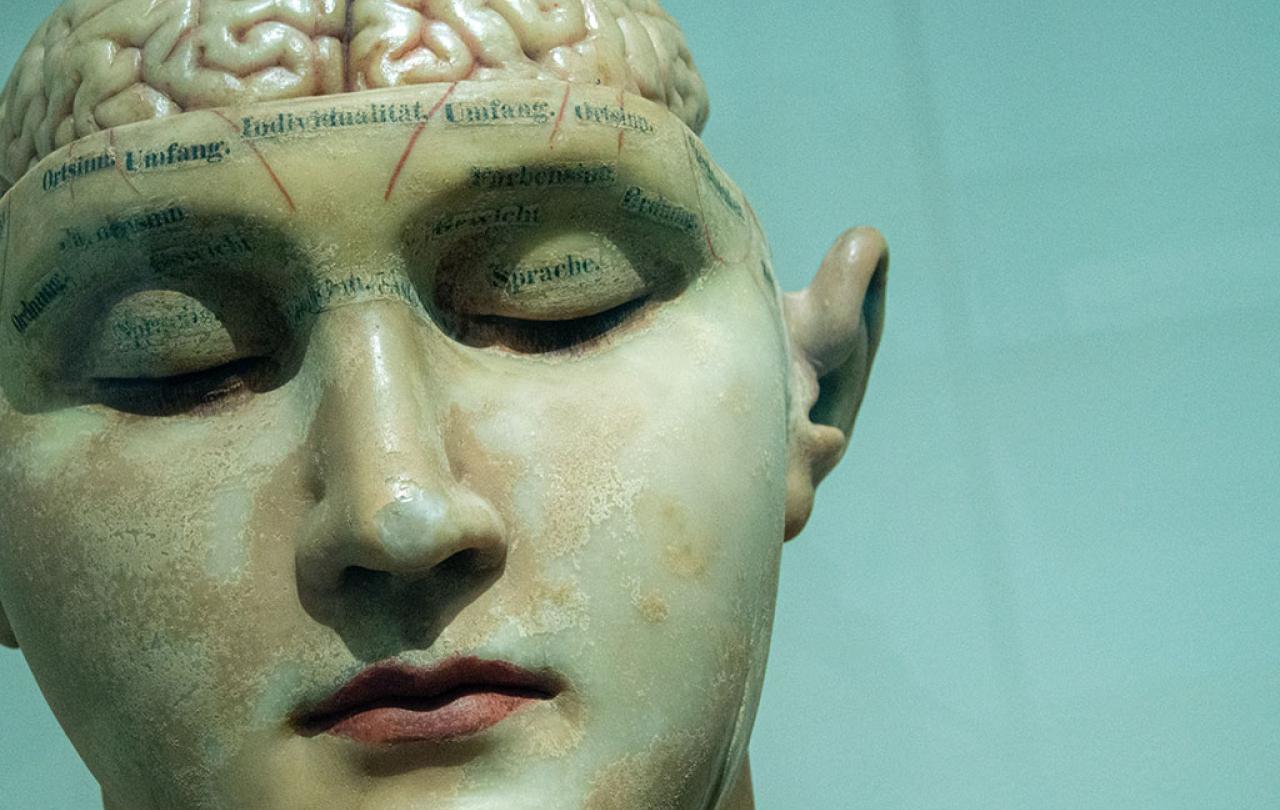
The pressure is once again rising for the four million Christians living in Pakistan.
Earlier this month a crowd of thousands angrily descended upon the city of Jaranwala in North-Eastern Punjab, an area with a notably high population of Christian residents. The mob set fire to (at least) four churches, burned Bibles in the streets, vandalised a cemetery, and looted numerous homes believed to be owned by Christian families. Social media and news outlets are brimming with videos of these attacks taking place in broad daylight; people can be heard cheering and chanting as churches are set alight, while police officers seemingly stand by and watch the chaos unfold.
These attacks were triggered by allegations that two Christians in Jaranwala had set fire to a Qur’an, thus breaking Pakistan’s strict blasphemy laws and insulting Islam. There is little evidence to suggest that this crime was committed by Christians, only that burnt and vandalised pages of the Qur’an were found scattered near this Christian community. Although the allegations therefore remain heavily disputed, the consequences that the Christian community have suffered have been severe.
Despite this being one of the most destructive incidents in the country’s history, there are thankfully no reports of injuries or fatalities, as it is reported that the Christian residents were forewarned and therefore able to evacuate their homes in time. Nevertheless, the damage done to the community in Jaranwala is profound. Both Christians and Muslims alike have widely and vehemently condemned the violence directed at the Christian community in Pakistan, with Muslim leaders refusing to allow such violence to be carried out in the name of Islam.
The depths of distress
The Right Reverend Azad Marshall, Bishop of a neighbouring city, has responded, stating that the Christian community throughout Pakistan are ‘traumatised’, ‘deeply pained’ and ‘distressed’. Bishop Azas has therefore called for ‘justice and action’ and an assurance that ‘our (Christian) lives are valuable in our own homeland’. Bishop Azad’s words imply that, perhaps unsurprisingly, the pain and devastation caused to the Christian community is multifaceted.
The first layer of distress is the most obvious: the practical implications of these attacks continue to face this community and are a source of ongoing distress. Whole families are sleeping on the streets, their homes no longer safe, surrounded by the rubble of their beloved churches and the ash of their burnt Bibles. In response to the mass destruction, over one hundred men who are thought to have been involved in carrying out and/or inciting the riots have been arrested and detained. What’s more, the Pakistani government have handed out $6,800 as compensation to each Christian household affected, this is reported to be over one hundred Christian families in total.
And yet, the words pouring out from Christians in Pakistan, so often echoing the words of Bishop Azad, speak of another level of pain and distress. This pain is pertaining to the lack of safety and value they experience in their own home as a result of their Christian identity. Such damage is not so easily compensated.
Continual and extreme persecution
Pakistan is a majority Muslim country, with the four million Christians making up just 1.9 per cent of the population. According to the charity Open Doors, which monitors such incidents and who have placed Pakistan in eighth place on their World Watch List, the persecution that Christians face as a minority people group in the country is both continual and extreme. As well as the one-off incidents, such as the deadly attack of a church in 2017, which killed at least nine individuals, Christians in the country are subject to ‘a silent epidemic of kidnappings, forced marriages and forced conversion of Christian girls and women’.
The Prime Minister has attempted to quell the deepest fears being vocalised by Pakistani Christians by vowing that his government will work to ensure their safety as a minority group. However, what is being highlighted in Pakistan is how a Christian identity can place on in the epicentre of political tension. We’re reminded once again that religious persecution can, and does, ensure that people feel unsafe and undervalued, unwelcome in their home countries. What is it like to live under the pressure of political extremists stirring up hatred toward you as a result of your beliefs? What must it feel like to feel such a tension in the country you call home? This is a daily reality for not only the 2 million Christians living in Pakistan, but the 360 million Christians who are living in persecution worldwide.





